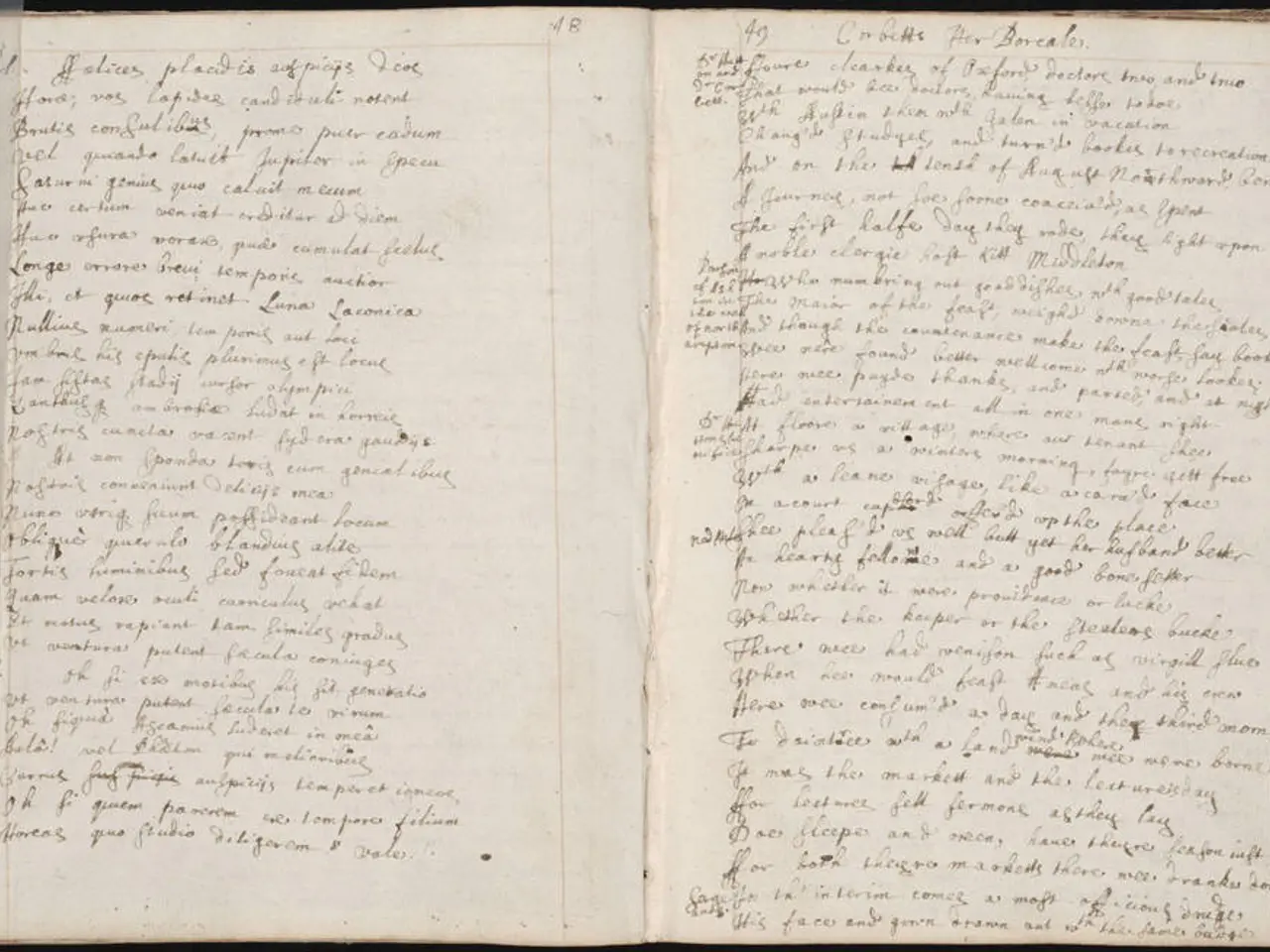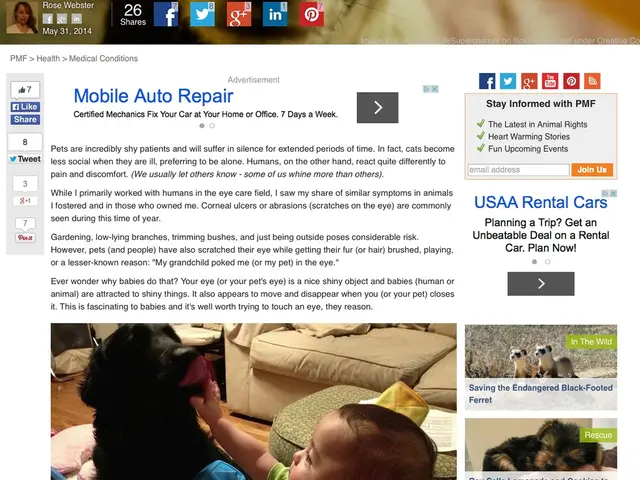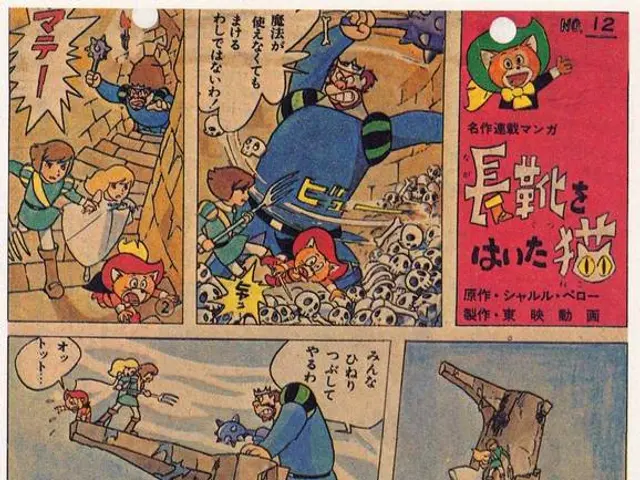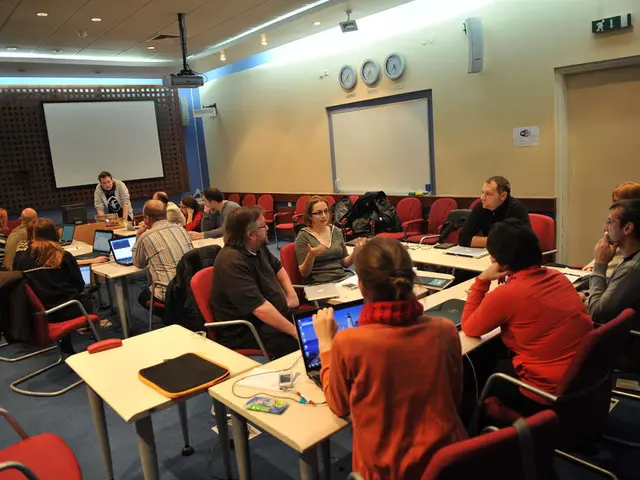The Trial of Scopes Unfolds in Tennessee
One hundred years ago this month, the Scopes Trial took place in Dayton, Tennessee, a landmark event that continues to resonate in American culture, law, and education. The trial, officially known as the State of Tennessee v. John Thomas Scopes, was a pivotal legal case challenging Tennessee’s Butler Act, which prohibited public school teachers from teaching evolution instead of Creationism.
Key events of the trial include jury selection on July 10, 1925, followed by opening statements on July 13, where defense attorney Clarence Darrow argued that the Butler Act violated freedom of religion. Judge John Raulston, however, limited the trial strictly to whether Scopes violated the law, forbidding tests of the law’s constitutionality or scientific testimonies about evolution.
The climax occurred on July 20 when Darrow called William Jennings Bryan, a three-time presidential candidate and a defender of Creationism, to testify about the Bible and Creationism, shifting the trial’s focus dramatically. The trial was a media sensation, dubbed the "Monkey Trial" by journalist H.L. Mencken, who criticized the fundamentalism underlying the Butler Act.
Scopes was found guilty, fined $100, but the case was later overturned on a technicality; however, the law itself remained in effect for several decades. The trial became a symbolic confrontation between science and religion, representing broader cultural conflicts over modernism, education, and religious authority. It ignited a national debate about academic freedom and the role of religion in public education, influencing discussion on the First Amendment rights concerning freedom of speech and religion.
The trial exposed tensions between rural conservative values and emerging urban scientific perspectives, reflecting wider societal divisions in the 1920s United States. While legally a setback for evolution teaching, culturally the trial raised awareness and challenged anti-evolution laws, influencing later legal battles over science education. The discourse it stimulated over science versus biblical literalism continues to impact debates on education and science policy in America even a century later.
Clarence Darrow, a famous defense attorney, was excited to defend John Scopes and the right to teach evolution. Writers, such as H. L. Mencken and the authors of Inherit the Wind, shaped our understanding of the impact of the Scopes Trial. The literal interpretation of the Bible was the foundation of Fundamentalism, a wing of Protestant Christianity that became popular in the early twentieth century.
Charles Darwin’s theory of evolution had become a more popular topic in U.S. schools but was contradictory to many Americans’ religious beliefs. The Scopes Trial’s defining moment was when Darrow challenged Bryan to take the stand and defend a literal interpretation of the Bible. Bryan, despite initial hesitation, decided to honor Darrow’s request. The trial's focus shifted dramatically as Bryan struggled to respond when Darrow highlighted various passages of the Bible that seemed to defy a literal interpretation.
The Scopes Trial remains one of the most culturally significant U.S. trials of the twentieth century. Resources about the various topics raised by the Scopes Trial can be found in the company In Context: U.S. History. As we reflect on the trial's anniversary, it is clear that the theme of the battle between intellectual freedom and demagoguery, as portrayed in the play Inherit the Wind, might still be just as relevant in the twenty-first century as it was during the Scopes Trial.
Science and education intertwined during the Scopes Trial, as the case challenged the constitutionality of Tennessee's prohibition on teaching evolution in public schools. This conflict between scientific-education and religious-fundamentalism sparked a national debate that has resonated in discussions on education policy and intellectual freedom even a century later.
The trial also impacted the field of medical-conditions and space-and-astronomy, as Charles Darwin's theory of evolution affected the understanding of human origins and the study of living organisms in the universe. Moreover, the trial influenced the entertainment sector, with plays such as Inherit the Wind portraying the Scopes Trial's themes as a reflection of contemporary societal issues.




